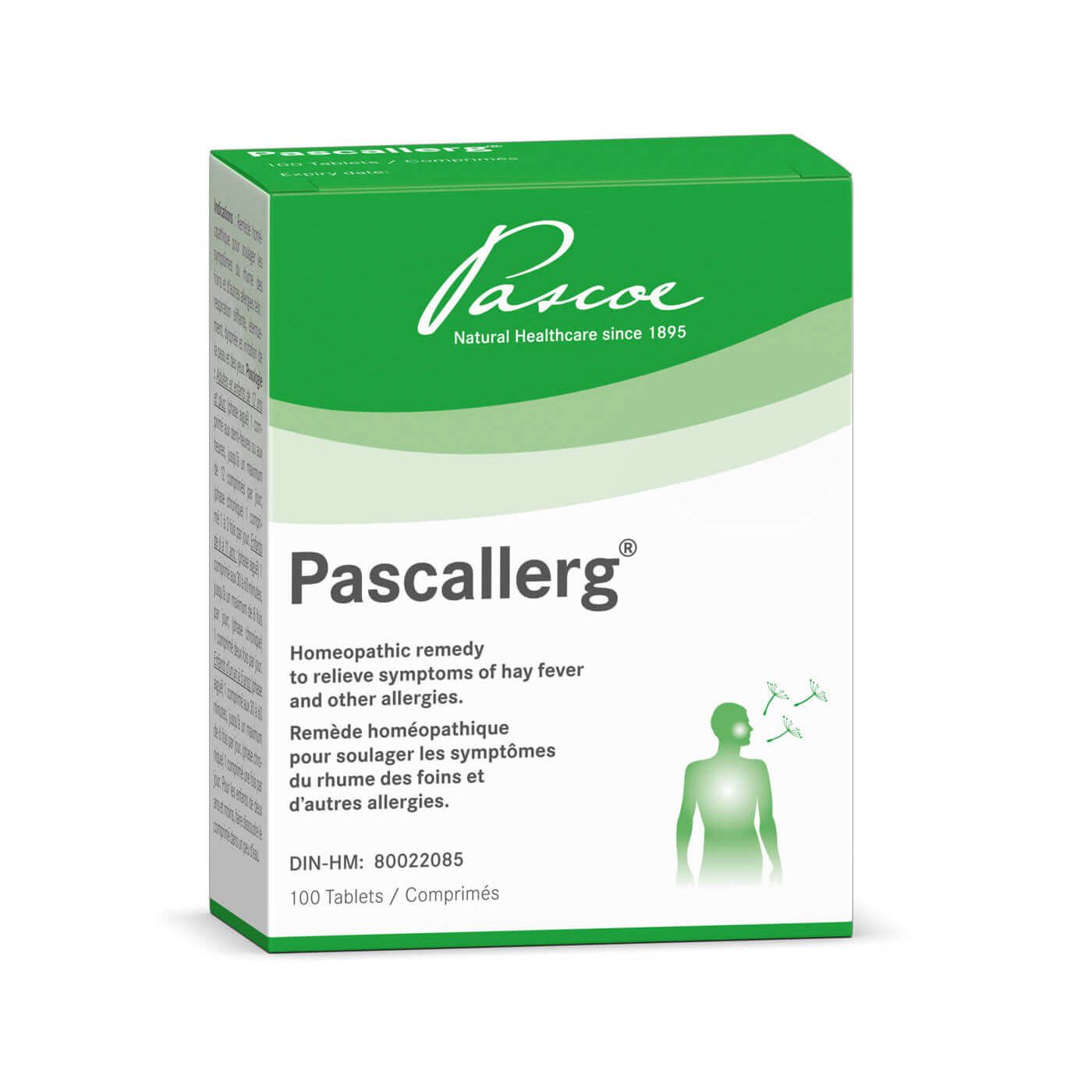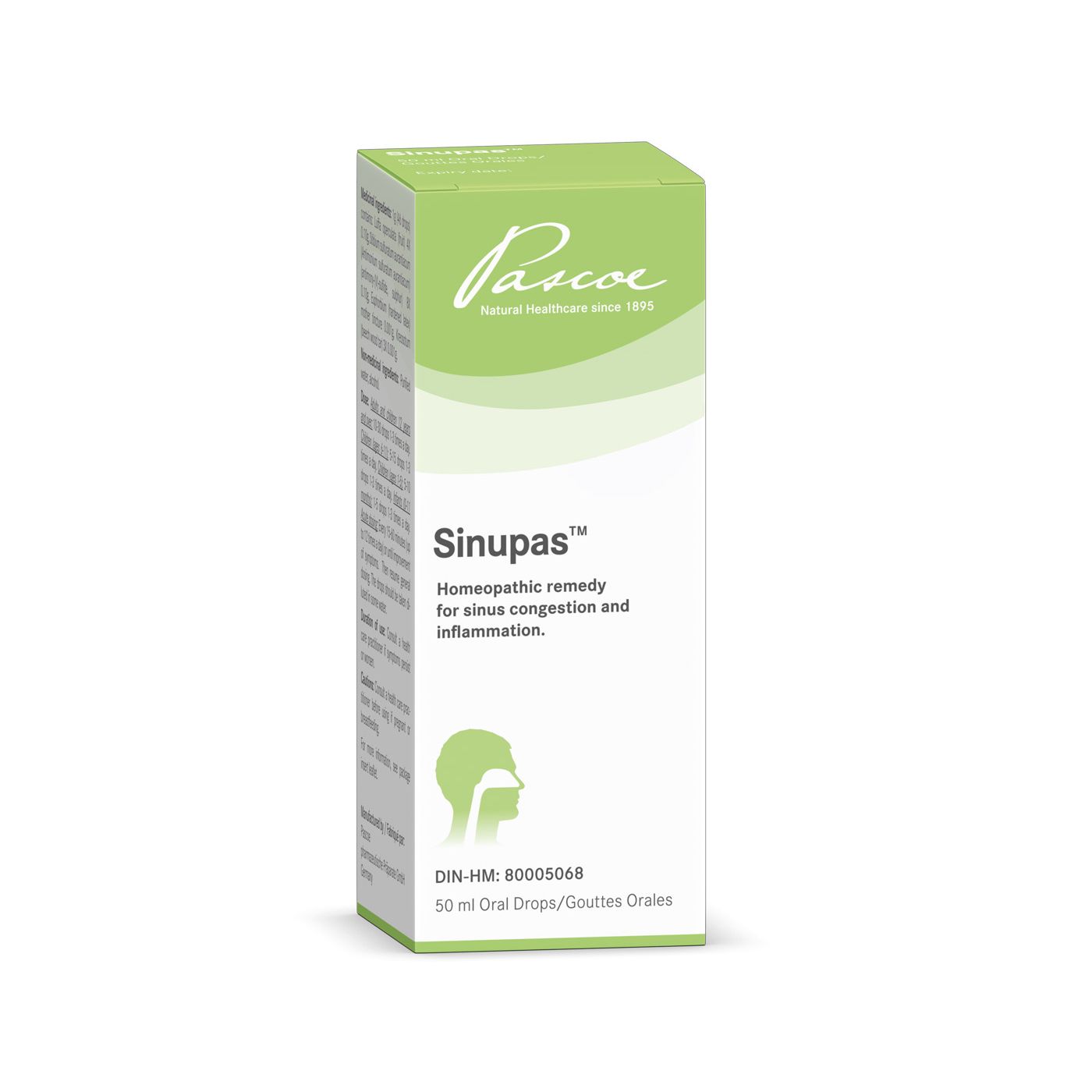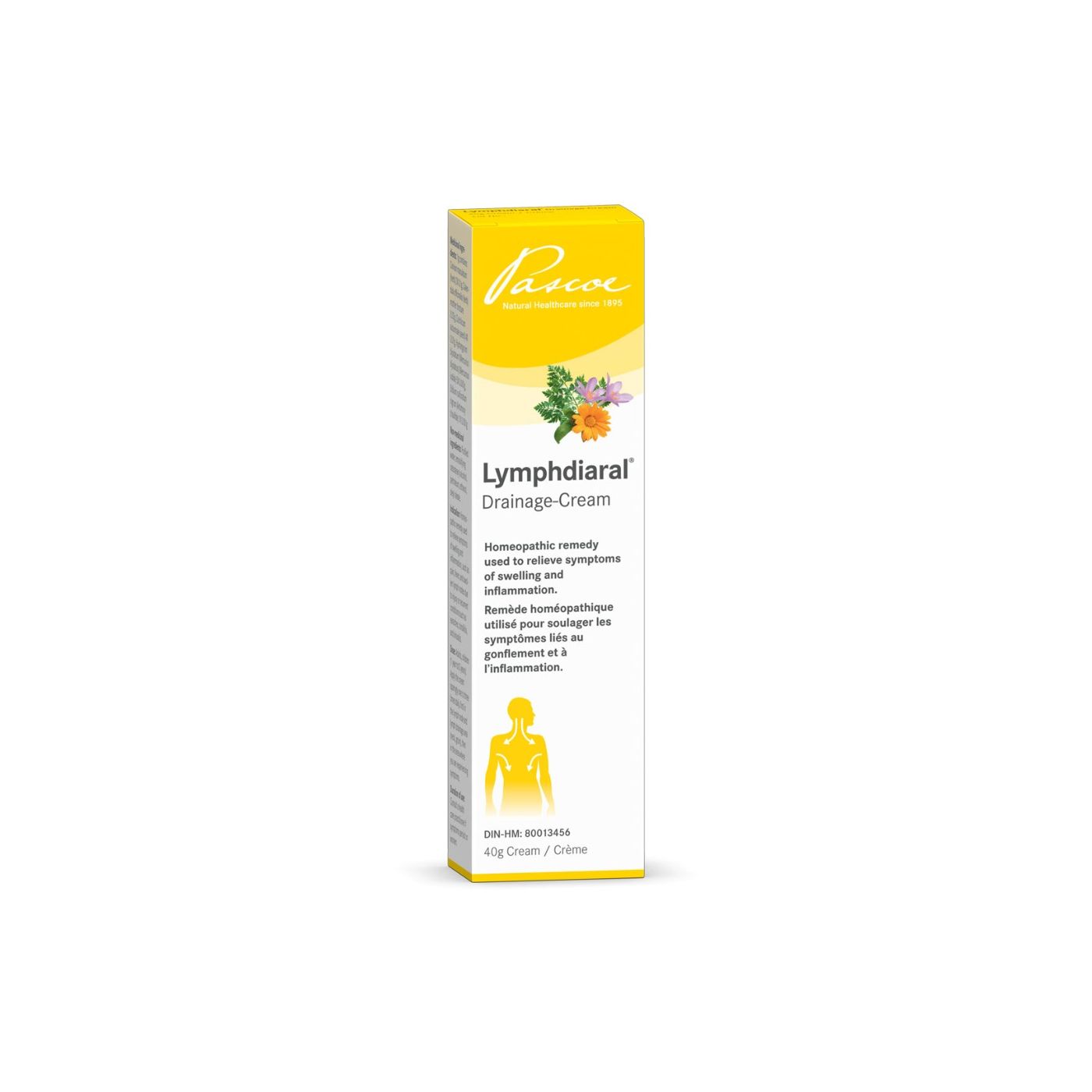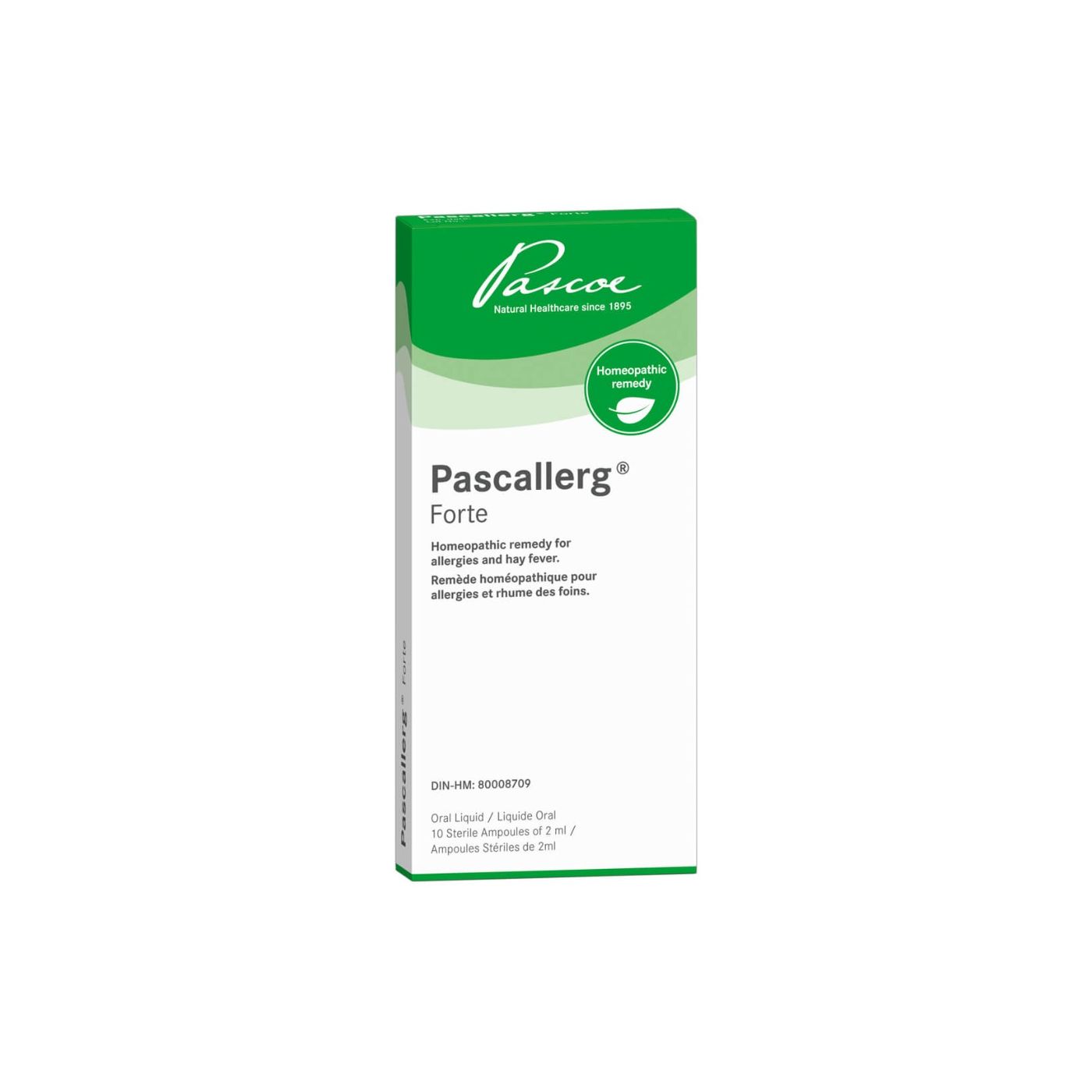

By Dr. Alexandra Sisam ND | Updated by Birgitta Kautz
Allergy
An allergy occurs when the body becomes oversensitive to one or more foreign but generally harmless substances. Our immune system has an inappropriate response to these so-called allergens. This can trigger an allergic reaction to specific foods, the environment, chemicals, plants, or perfumes to name a few.
Symptoms of allergic reactions depend on the type of allergy, but may include:
- Sneezing
- Runny nose/stuffy nose/nasal congestion (allergic rhinitis)
- Itchy, watery eyes
- Cough
- Dry mouth
- Sore/scratchy throat (“sore throat” allergies)
- Skin rash or atopic dermatitis (skin allergies)
- Swelling of face, lips, eyes or tongue
- Difficulty breathing
- Allergic asthma
- Anaphylactic shock
Many of these symptoms are also present with many other medical conditions. That is why it is important to see your doctor diagnose your symptoms.
Allergies vs COVID
Even though COVID-19 is caused by a virus, many of its symptoms are similar to those of seasonal allergies. However, while fever and muscle ache are common symptoms of COVID-19, they don’t appear in pollen allergies. On the contrary, itchy eyes or noses are only found in allergies.
The universal understanding of allergies is that a normally harmless substance is activating the immune system when it should not.
Statistics show that one in every four or five Canadians suffers from seasonal allergies. Research reports that many factors, including changes in climate and environment, seem to contribute to its rising tendency.
There are many theories about why allergies occur:
What is the Hygiene Hypothesis?
This hypothesis proposes that childhood exposure to germs and certain infections helps to educate and develop the immune system. The body learns to differentiate between harmless and harmful substances. Extremely clean environments fail to teach the immune system not to overreact to harmless stimuli later in life.
The Gut
The gut is an important part of the immune system. This includes the intestinal mucosa as well as the gut bacteria, known as the gut microbiome. They form a barrier that only lets certain things pass to enter our bloodstream.
Research shows that if the gut barrier weakens, food proteins can seep into the bloodstream and potentially trigger food allergies. However, the exact mechanism related to the effect of gut bacteria on allergy development is not known yet.
Stress
Our psychological state also has a large impact on both our gut health and the health of our immune system. Stress triggers our body’s so-called fight or flight response, providing an energy boost to respond to perceived dangers.
However, a constant state of stress can impair our digestive and immune systems. In this sense, stress may trigger or worsen allergic symptoms, especially when it becomes long-term.
Histamine
Histamine is a molecule that has many different roles in our body. It is released by our cells when the body senses that there is a foreign substance that needs to be destroyed.
It is also released when the body reacts to an allergen, promoting allergic immune responses. Histamine is sent from one cell to another, creating a larger and larger response to the stimuli. This increases the intensity of the symptoms associated with allergies.
Antihistamine medication is used during allergies to try and stop the production of histamine to reduce the allergic reaction. Histamine is produced naturally in the body, but also some foods contain histamine. These include alcohol, nightshades (eggplant, tomatoes), tuna and fermented foods including dairy products, grains, soy, meats and kombucha. A diet high in these foods can worsen symptoms of allergies.
Some common allergens include, but are not limited to:
- Plants - pollen from grasses and plants
- Food - seafood, tree nuts, eggs, milk, sesame and soy products
- Insects - dust mites, bees, wasps
- Medicines - prescription antibiotics like penicillin, non-prescription drugs like aspirin
- Animal dander - fur and skin flakes from domestic pets like cats and dogs
- Chemicals - household cleaning products, room spray, air freshener
- Perfume - parfum, skin products, soaps
Seasonal allergies are also known as allergic rhinitis, pollen allergies or hay fever. They are a problem that many of us experience. Seasonal allergic rhinitis most commonly occurs in the spring, when the weather changes and pollen become airborne.
Pollen is released into the air by trees, grasses and other plants when they bloom to fertilize other plants. Some pollen travels only a short distance, others can be lifted by air currents and carried great distances. This is why pollen counts tend to be higher on windy days and lower on rainy days.
When the body detects pollen in someone who is allergic, it releases antibodies to attack the allergens. This leads to the release of chemicals called histamines into the blood. Histamines trigger the itchy, watery eyes, the runny nose, the sneezing and other allergic rhinitis symptoms.
Both are caused by the body’s reaction to food when eating the food. While a food allergy affects the immune system, food intolerance often just affects our digestive system. This explains why food intolerances often cause less serious symptoms compared to true food allergies, such as a peanut allergy.
It requires only tiny amounts of food allergens to trigger an allergic reaction while people with food intolerances can often tolerate more. However, people with celiac disease must strictly stick to a gluten-free diet.
Often, allergic skin reactions are visible as skin rash. It can happen when your skin comes into contact with an irritant, such as poison ivy. Poison ivy causes a painful allergic reaction rash to the oil contained in the sap of the plant. Latex is another very common allergen that triggers allergic reactions to the skin.
Atopic dermatitis is a type of eczema caused by a combination of an overreacting immune system, genetics, environmental triggers and stress. They are often found alongside allergies.
There are over-the-counter, non-prescription drugs such as oral antihistamines, nasal sprays, eye drops, and decongestants available. However, many of the treatments have side effects. For instance, most oral antihistamines will cause tiredness or drowsiness. This may make it impossible to operate a vehicle or heavy machinery after taking them.
Some patients choose a long-term treatment known as allergen immunotherapy or allergy shots. The idea is to get the body used to allergens. Over three to five years, increasing amounts of allergens will be injected. This can help to reduce symptoms of allergic rhinitis.
Here are a few easy home remedies you can try:
Take a steam bath or steam shower
The steam can help to open the airways if the sinuses are congested. Adding peppermint or eucalyptus essential oils into the steam can further help to clear the sinuses when they are breathed in.
Rinse the nasal passages
Using a saline solution to rinse your nasal passages will moisten the nasal mucosa. The rinsing also helps to ease the itching and to wash the allergens out.
Eat a diet rich in fruit and vegetables
Fresh fruit and vegetables contain vital nutrients including vitamins. They help to support the immune response and decrease histamine in the body. This type of diet, including healthy fats, is said to be anti-inflammatory. It decreases the unneeded inflammation the immune system is causing in the body.
Pay attention to pollen counts
During hay fever season, it can help to pay attention to the pollen count reported on weather sites. You can then avoid days and areas that might trigger hay fever symptoms.








